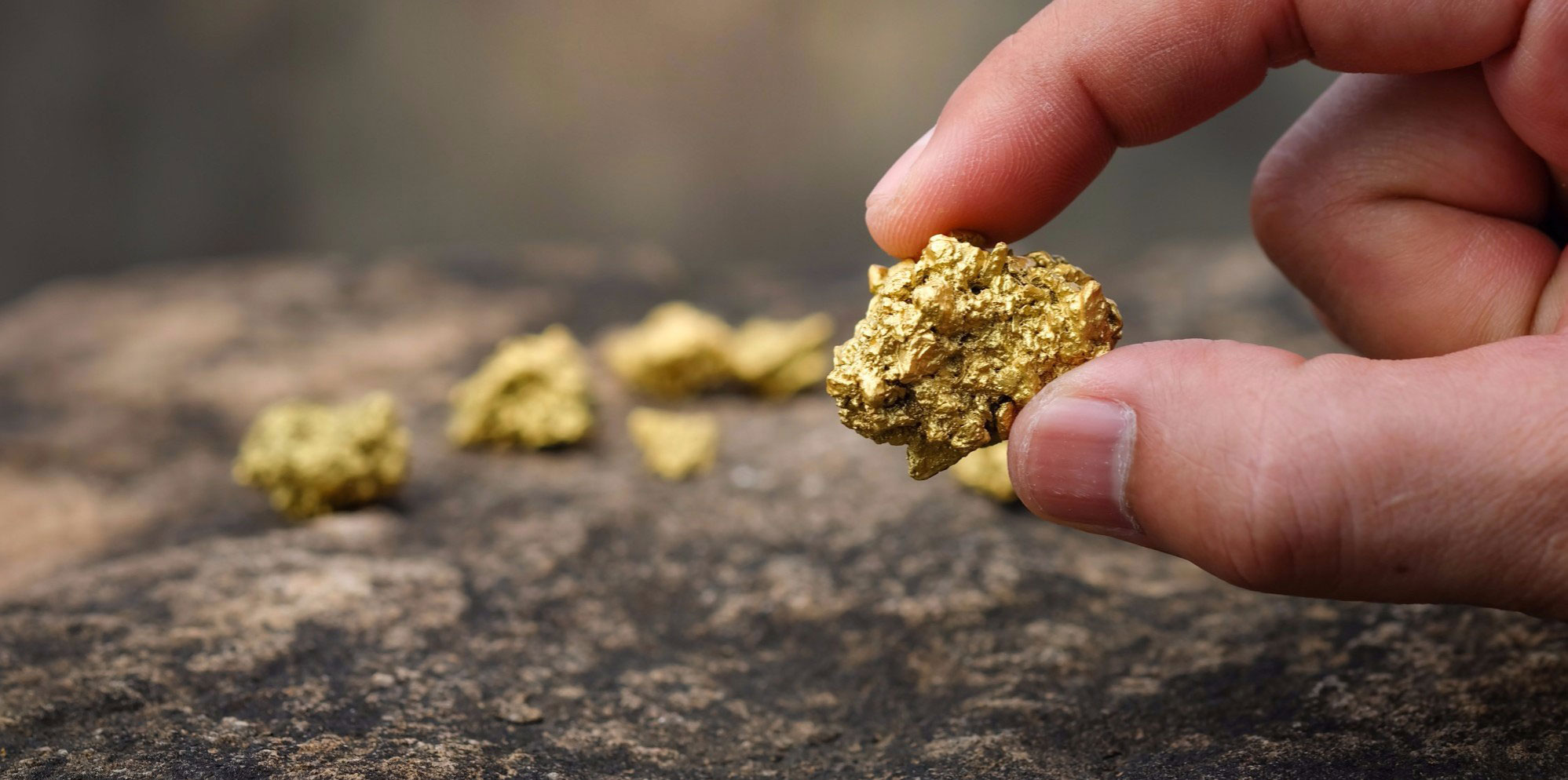Participants practice collecting and analysing geometallurgical data
Outotec is a core partner of EIT RawMaterials, the largest consortium of the raw materials sector worldwide. As part of Outotec’s participation in the consortium, we co-hosted a one-week geometallurgy short course at the University of Liege in Belgium in the beginning of October 2017. The course was joined by some 30 geologists and mining and beneficiation experts.
The one-week short course was second in a geometallurgy course series. Participants got practice on how to collect and analyse geometallurgical data. Outotec’s presentations focused on how this data is utilised in process calculations and optimisation.
Four outotecians gave presentations during the course, and most presentations were related to the practical usage of HSC Chemistry process calculation software with case examples. Jussi Liipo explained practical mineralogical calculations, Antti Remes and Tuukka Kotiranta covered minerals processing and hydrometallurgical process simulations and Markus Reuter gave presentation of Lice Cycle Assessment (LCA) in context of recycling.
“The course gave insight to both current and upcoming methods in geometallurgical ore testing and optimization of operations during a mine lifetime. At the same, we had the chance to promote Outotec’s geometallurgical process modeling capabilities while getting ideas for future development needs and emphasis,” Antti Remes, Technology Advisor – Process Modeling & Simulation from Beneficiation BL and one of the presenter, explains.
From a wider perspective, EIT RawMaterials offers a new way of combining research and business. “The consortium is particularly interested in financing business activities, in which its partners are bringing new and improved technologies to the markets. For Outotec, the consortium offers also an interesting partner network and educational aspects. Our focus is on proposing new upscaling projects to get Outotec’s innovations to the market, but also to cooperate in educational projects to promote a direct dialogue with students. From the last three years, we have great examples from areas such as calcination, water monitoring systems, geometallurgy, electrochemical water treatment and complex ore treatment,” comments Susanna Horn, head of Sustainability Development.




